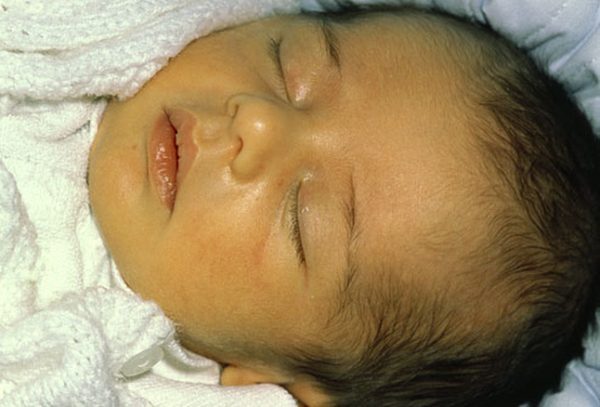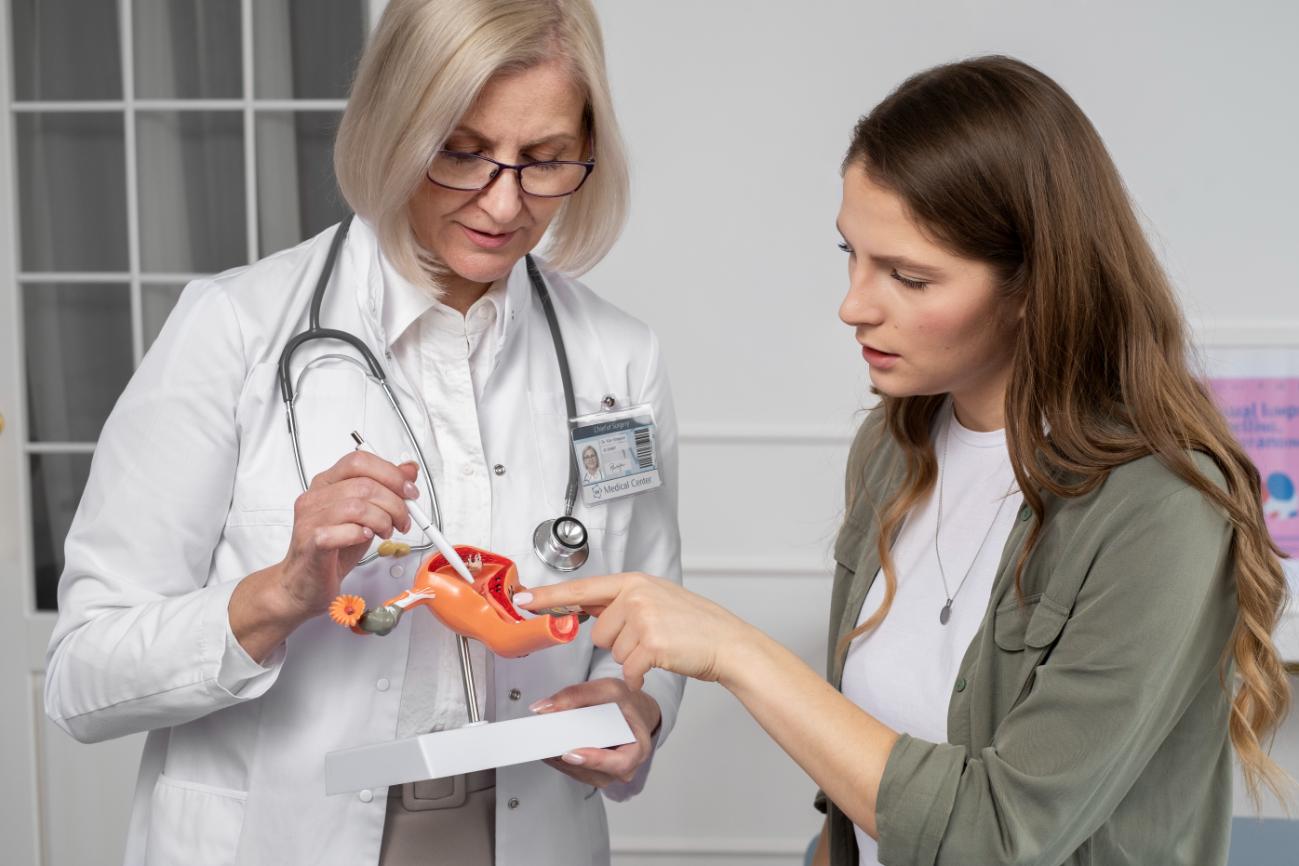
The proportion of women who delay pregnancy by intention has increased greatly in the past few decades across the world. Even in our country, the number of mid-life pregnancies has increased in recent times! There is a significant jump in pregnancies in women of age 40 and above, while those aged 35 and above have also risen significantly.
Studies have shown that average age of mothers is moving away. The shift in motherhood period can be attributed to the current generation of women who are more career and education oriented. Most of them give priority to a secure job and financial stability. Besides, increase in divorce rate may also act as a catalyst in the delay.
Obstetricians are seeing an increasing trend towards older mums as women delay childbearing for various reasons. One reason is increased awareness about different contraception methods which allow partners to plan as to when they have their family. The other important aspect that we should not miss out is the development of fertilization techniques which allow older women a better chance of conceiving.
However, obstetricians are warning about dire consequences to women who intentionally delay their childbirth as it does not end with seeking assisted conception, but it may even endanger the outcome of the pregnancy as well. Moreover, delaying pregnancy runs the risk of not conceiving at all or experiencing a miscarriage. According to obstetricians best age for childbirth remains at 20 to 35. Today’s women who “want to have it all” are largely unaware about the dangers of delaying pregnancy in their quest to establish their career or material goals in life.
Some of the implications of a delayed pregnancy are listed below. Read on.
It might take longer to conceive: A woman is born with a limited number of eggs. As she reaches her mid-to-late 30s, signs of age will start showing up on her reproductive quality. As a result, the quantity and quality of eggs will start decreasing. Moreover, older women’s eggs are not fertilized as easily as younger women’s eggs. If you are well over 35 and could not conceive for six months, it is better to seek the opinion of your doctor to chalk out the way forward.
Increases the risk of multiple pregnancy: Delaying pregnancy increases the chances of having twins, mainly because of hormonal changes that can release multiple eggs at the same time. The use of modern reproductive techniques like in vitro fertilization (IVF) also plays a role here.
Gestational diabetes: As the name indicates this type of diabetes occurs only during pregnancy and it is more commonly seen as women age. Strict control of blood sugar level through proper diet and exercise is essential. Sometimes, this condition calls for the use of medications. Left untreated, a baby can grow significantly larger than average on account of gestational diabetes, thereby increasing the risk of injuries during delivery. Other risks of gestational diabetes include premature birth, high blood pressure during pregnancy and complications to your infant after delivery.
Developing hypertension during pregnancy: Medical studies have shown that older women are more prone to high blood pressure than younger ones. During routine clinic visits, your doctor will carefully monitor your blood pressure and ensure your baby is having adequate growth and development. If you are having high blood pressure during pregnancy you need more frequent visits to your obstetrician and it might even lead to delivering the baby prematurely to avoid further complications.
Baby having below-normal birth weight and a premature birth: As you may be aware, premature babies often have medical complications.
Needing a Cesarean (C-section): Older mother are at risk of developing pregnancy related complications, leading to abdominal delivery (C-section). Typical example is placenta previa, a condition in which the placenta blocks the cervix.
Chromosomal abnormalities: Babies born to older mothers are at risk of developing certain chromosomal abnormalities, such as Down syndrome.
Pregnancy loss is higher: The risk of pregnancy loss (miscarriage and stillbirth) increases as the woman gets older. It could be due to the setting up of different medical conditions as they age or chromosomal abnormalities. Studies show that eggs not having the required quality, together with high risk of chronic medical conditions, hypertension and diabetes could significantly increase the risk of miscarriage. Ensuring baby’s well-being is all the more important during the last weeks of pregnancy.
Though today’s woman may be reluctant to get pregnant in the prime of their reproductive age on account of career goals and getting so-called settled in life, the fact that the biological clock is ticking and the risk of putting off pregnancy in their late 30s or later worsen their chance of being pregnant should not be overlooked. In this day and age, career can be built at any age, but losing out on motherhood can be irrevocable. It is always better to put a delay on career instead of childbearing. As they say, time and tide wait for no man (here woman)!
For enquiries related to infertility treatment options or pregnancy planning and treatment, drop a message to www.KJKHospital.com/contact





